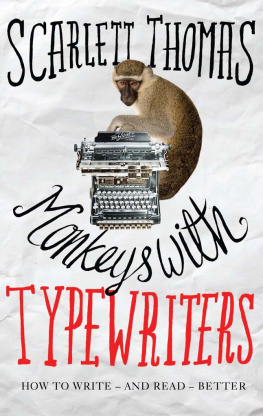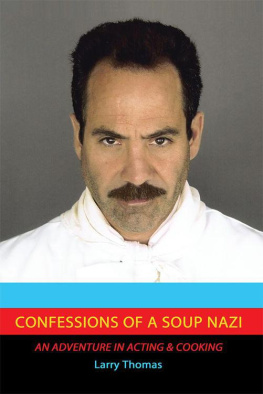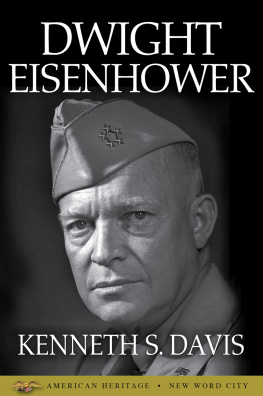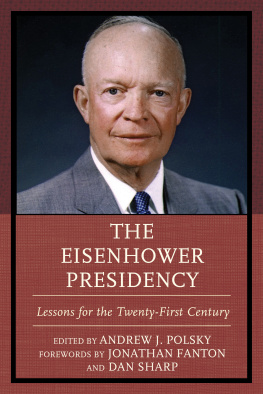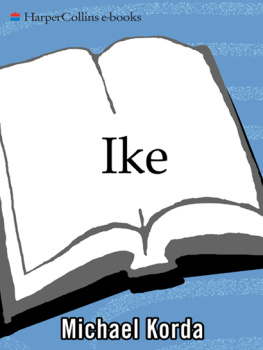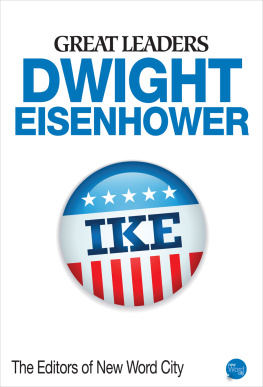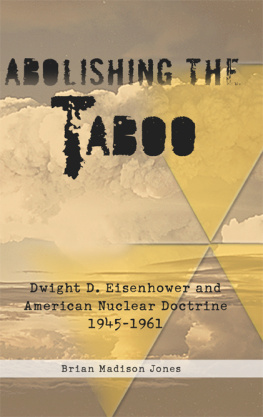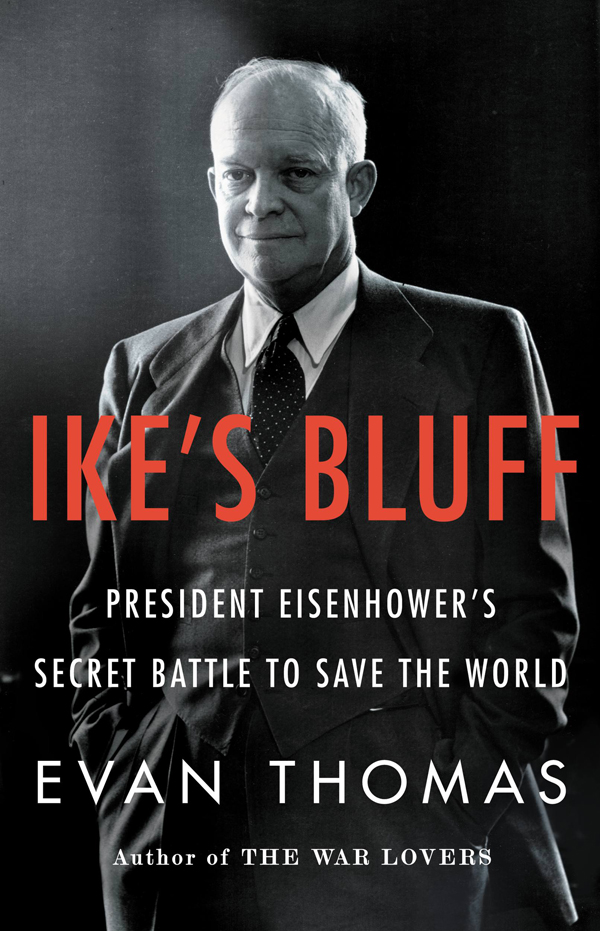
In accordance with the U.S. Copyright Act of 1976, the scanning, uploading, and electronic sharing of any part of this book without the permission of the publisher is unlawful piracy and theft of the authors intellectual property. If you would like to use material from the book (other than for review purposes), prior written permission must be obtained by contacting the publisher at permissions@hbgusa.com. Thank you for your support of the authors rights.
Thank you for buying this ebook, published by Hachette Digital.
To receive special offers, bonus content, and news about our latest ebooks and apps, sign up for our newsletters.
Sign Up
Or visit us at hachettebookgroup.com/newsletters
For more about this book and author, visit Bookish.com.
Copyright 2012 by Evan Thomas
Cover design by Julianna Lee; cover photograph by Arnold Newman / Getty Images
Cover copyright 2013 by Hachette Book Group, Inc.
All rights reserved. In accordance with the U.S. Copyright Act of 1976, the scanning, uploading, and electronic sharing of any part of this book without the permission of the publisher is unlawful piracy and theft of the authors intellectual property. If you would like to use material from the book (other than for review purposes), prior written permission must be obtained by contacting the publisher at permissions@hbgusa.com. Thank you for your support of the authors rights.
Little, Brown and Company
Hachette Book Group
237 Park Avenue, New York, NY 10017
littlebrown.com
twitter.com/littlebrown
facebook.com/littlebrownandcompany
First ebook edition: September 2012
Little, Brown and Company is a division of Hachette Book Group, Inc. The Little, Brown name and logo are trademarks of Hachette Book Group, Inc.
The Hachette Speakers Bureau provides a wide range of authors for speaking events. To find out more, go to hachettespeakersbureau.com or call (866) 376-6591.
The publisher is not responsible for websites (or their content) that are not owned by the publisher.
ISBN 978-0-316-21727-9
Acclaim for Evan Thomass
Ikes Bluff
Thomas is a five-star biographer who blows apart that image [of Ike as a bumbling old man] with devastating detail.
Jim Kelly, Vanity Fair
A bustling, anecdotal book with a high-concept premise. Evan Thomas approaches the ever more changeable Eisenhower legacy with new and intriguing questions.
Janet Maslin, New York Times
The balance that Thomas achieves between Eisenhower the public servant and Eisenhower the man is, in my opinion, as close to the mark as we are likely to see.
John Eisenhower
Thomass detailed, engaging pictures of Eisenhowers personality bring him vividly to life. Most important Thomas has made his case that Dwight Eisenhowers greatest victories were the wars he did not fight.
Daniel Larison, New York Times Book Review
Thomas has produced a fascinating history that is also a brilliant guide to great leadership.
Walter Isaacson, author of Steve Jobs
A thoroughly researched, tightly organized, and briskly written biography. Thomas is especially skilled at bringing characters of the era to life.
James Ledbetter, Washington Post
An enjoyable book, fast-moving and packed with anecdotes.
Scott Martelle, Los Angeles Times
When the stakes for America and the world were highest, Eisenhower played a winning hand. So, too, does his latest biographer.
Erik Spanberg, Christian Science Monitor
Thomass book is an essential reminder that strong leadership can be exercised with kindness, morality, and respect for opponents.
Michael Beschloss, author of The Conquerors
Incisive and direct Evan Thomas brings considerable rhetorical power to his examination of the Eisenhower presidency.
Clay Reynolds, Dallas Morning News
The War Lovers
Roosevelt, Lodge, Hearst, and the Rush to Empire, 1898
Sea of Thunder
Four Commanders and the Last Great Naval Campaign 19411945
John Paul Jones
Sailor, Hero, Father of the American Navy
Robert Kennedy: His Life
The Very Best Men
The Early Years of the CIA
The Man to See
Edward Bennett Williams: Ultimate Insider;
Legendary Trial Lawyer
The Wise Men
Six Friends and the World They Made
(with Walter Isaacson)
To Oscie
The problem is not merely man against man or nation against nation. It is man against war.
Dwight Eisenhower, April 4, 1956
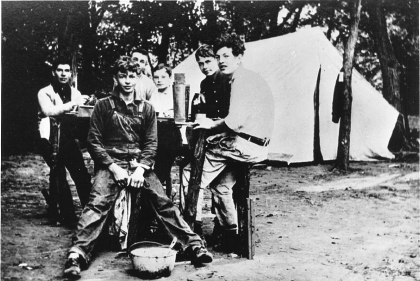
Ike (front), about age thirteen, with his gang (Dwight D. Eisenhower Presidential Library, Abilene, Kansas)
A T EIGHT THIRTY ON THE NIGHT of January 17, 1961, President Dwight Eisenhower gave his farewell address from the Oval Office. Even after years of coaching from actor Robert Montgomery, Eisenhower did not look comfortable giving his televised speech. He disliked using a teleprompter, and he began by glancing down and reading from the printed text on his desk. He paused, blinked, looked up at the lines on the screen, looked back down at the speech, lost his place, and tripped over a word.industry is new in the American experience, he said. We must not fail to comprehend its grave implications. The potential for the disastrous rise of misplaced power exists and will persist.
This was not the message most Americans expected to hear from a former army general, a hero of World War II. Eisenhower spoke in the flat twang of the Kansas prairie of his youth. The medium of television could not quite convey what came across so strongly in person. But there was a sense of urgency in his voice and an undertone of strength and power. After visiting with the president in January 1955, the diplomat David Bruce wrote in his diary that Eisenhower was what the Romans meant by vir. The literal translation of vir is a hero, masculine or manly person. Bald and gray-faced, peering through glasses as he struggled with the teleprompter, Eisenhower looked old. But he was still vir. Eisenhower warned against plundering, for our own ease and convenience, the precious resources of tomorrow. We cannot mortgage the material assets of our grandchildren without risking the loss also of their political and spiritual heritage. We want democracy to survive for all generations to come Then he turned to the subject that was closest to his heart. He spoke of the danger of war and the need for disarmament in the nuclear age:
Because this need is so sharp and apparent I confess that I lay down my official responsibilities in this field with a definite sense of disappointment. As one who has witnessed the horror and the lingering sadness of waras one who knows that another war could utterly destroy this civilization which has been so slowly and painfully built over thousands of yearsI wish I could say tonight that a lasting peace is in sight [on his teleprompter script, he doubly underlined wish and is in sight].
Happily, I can say that war has been avoided.
Three days later, at the inauguration, Eisenhower was a spent figure. His farewell address, despite good notices, had already been
Next page

